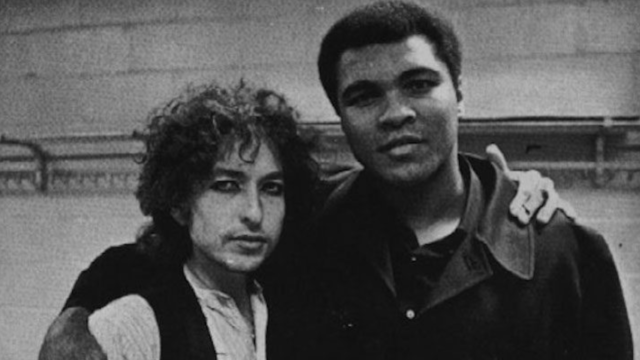
Iconoclasts, historically, have been reviled in the strongest of ways over the course of history. They defied cherished traditions and established new ways of doing things. Sometimes they were considered traitors, apostates, or nihilists. Galileo is a salient example. Though it was Copernicus that first postulated the earth revolved around the sun in the 1500s, it was Galileo that offered compelling observations validating the heliocentric theory of Copernicus. Galileo was labeled a heretic and punished by the powerful Catholic Church.
I think about more modern examples: The Existentialist European philosophers in the early 1900s offering a different approach than classical philosophy; the Beat poets and writers of the 40s and 50s that opened a creative and controversial style of literature.
There was the time in 1965 when Bob Dylan, the ascendant folk song writer and performer, debuted his new sound of blues fused rock at the Newport Folk Festival. His lyrics were now more abstruse, poetic and introspective. He brought poetry to the established lyrical banality that was rock music. He was booed and heckled by some and received harsh criticism, yet he opened the way for many to come, not the least of which, Bruce Springsteen, who in his memoir referred to Dylan as the father of his country.
In sports, no one was more iconoclastic than Muhammad Ali. Pugilists, as well as athletes in general, were not to take political stands, nor engage in deliberate contentiousness over the issue of race, or display intense irreverence to cherished traditions. Muhammad Ali, at the time Cassius Clay, shockingly won the heavyweight title with a unique boxing style that the boxing pros mocked, changed his name, beat every contender by fighting often (before his almost four year ban), became a member of the Black Muslims, and publicly rebuked the draft and the underlying racist premise of the Vietnam war. He was vilified by the boxing establishment and the Black community itself was divided between those who admired him and those who condemned him. He was named Sportsman of the Century by Sports Illustrated on December of 1999.
To play with language, some iconoclasts of the past are now revered as icons, others not. But there is no denying that without iconoclasts there would not be the seeds of profound change.